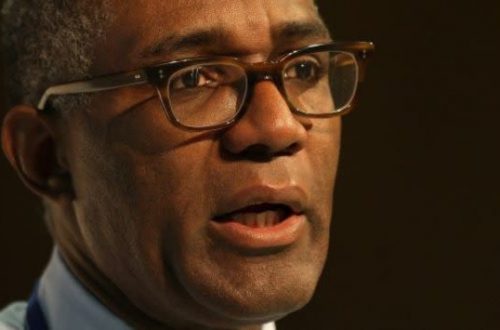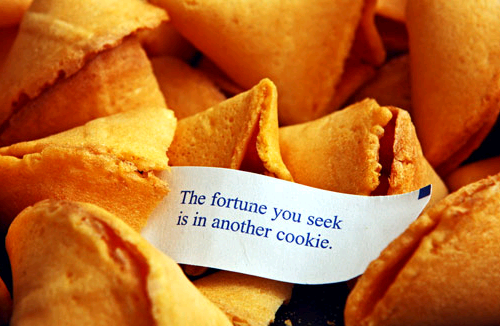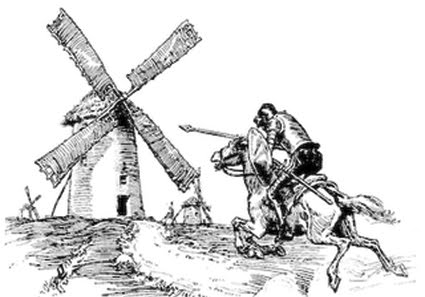Two paragraphs in two articles have caught my eye over the last two days. They are these:
John Lloyd in the Guardian:
Fourth, many people – judging by the polls – are fearful of a terrorism springing from an extreme version of Islam; and they could become, in large numbers, hateful and fearful. Blair’s description last Friday of a popular reaction of unity and dignity seems right, but it was a reaction at a point in time, not a fixed sentiment. There’s no reason why it cannot change – and it will change, faced with further attempts at mass murder. Constant and violent imprecations against the British government and people will cause anger to grow. Anger and fear require outlets: and we have already seen, in the so-far relatively minor attacks on mosques and innocent Muslims, what outlets these would be.
David Aaronovitch in the Times
War leaders do this kind of thing partly because they feel they need the powers, and partly to stop the targets of their detention from eventually being lynched. And this is the aspect that civil libertarians sometimes miss. It feels necessary to point out that, just as some young Muslims may be said to be “angry” and therefore prone to do bad things, so may ordinary British people become angered by the threat or reality of being blown up on their own buses. And they too could, if stirred up enough by some newspapers, by some fringe political parties, by populists and by the sight of men such as Bakri Mohammed sticking two fingers up to us, turn nasty. That’s something that Mr Blair knows too.
Throughout history, minority communities in this country have been the target of sometimes violent popular reaction to various ills and mischiefs which have been ascribed, collectively, to their members. Jews, as a community, were blamed for the plague, drinking the blood of children and deicide. Catholics were seen as the agents of “popish plots”. Irish people in Britain were beaten and spat on during the mainland IRA bombing campaign.
Let’s say it clearly. The only people who are responsible for acts of terrorism are those who incite, fund, plan and otherwise give assistance to terrorists, and those who carry them out. The only people who are responsible for assaults on completely innocent citizens who are, or who are imagined to be, muslims, are those who incite, plan and carry out these attacks. These people are criminals. They are also a minority, and a very small one at that.
We should, of course, be interested in and aware of their motivations. But those motivations should not force our hand, or indeed influence us at all, when we make policy choices. Jihadists may feel a burning sense of anger at Jews, Crusaders, and Muslims who do not support them or who belong to the wrong sect, and may be prepared to self-combust in furtherance of that belief. Thugs who attack defenceless Muslims in the street may feel that they’re engaged in a Manichean struggle against the forces of darkness, and may feel that they’re avenging the victims of 7/7. But the views of each jihadist and the views of each thug count for one and only one in a democracy. Violence and the threat of violence should only dictate public policy in one way: governments should punish those who use or threaten it.
There is an argument that the proximate cause of the London bombings was that the British Government had breached the so called “covenant of security” which hitherto had protected us from mass murder, by imprisoning jihadist clerics who had until recently used London as their base. Similarly, jihadists used various conflicts, including Iraq and Afghanistan, as both a causa belli and a recruiting tool. To refrain from acting in any of these cases would have been to hand a veto to violent extremists.
Similarly, there are many good reasons to exclude clerics, detain jihadists, and so on, which are entirely independent of any perceived need to prevent the public from “turning nasty” or becoming “hateful” of muslims generally. Part of the case for doing so should not be a perceived need to pander to, or pacify, bigots and fanatics.


